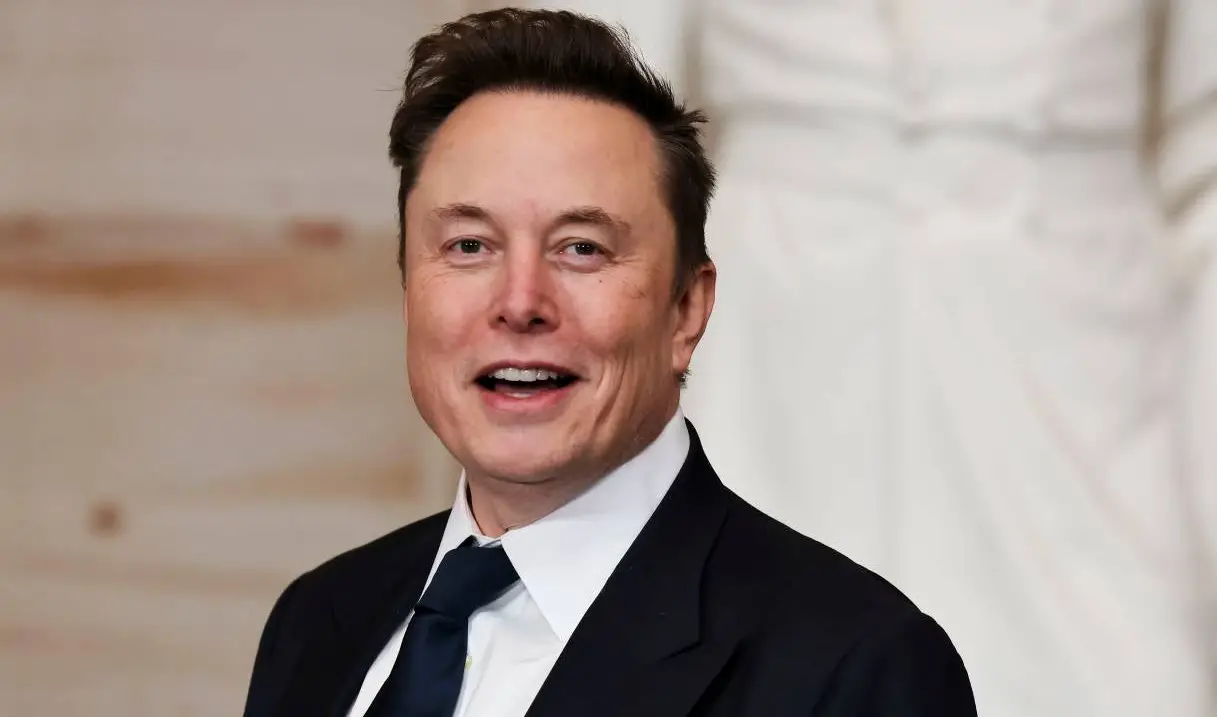Musk Threatens Legal Action Against Former Lawmaker Over TV Remarks
In recent days, a noteworthy conflict has emerged between high-profile tech entrepreneur Elon Musk and former Representative Jamaal Bowman. Musk, the CEO of several prominent tech companies, has threatened legal action against Bowman after the latter made derogatory remarks about him during a CNN interview. These comments, which included calling Musk “incompetent,” a “thief,” and even a “Nazi,” have ignited a fierce debate about free speech, defamation, and the responsibilities of public figures in the current political and media landscape. This article delves into the events surrounding the dispute, exploring the implications for both Musk and Bowman, the potential legal issues, and the broader discourse on public figures and accountability.
The Broadcast and Its Context
The tension between Musk and Bowman escalated following a CNN broadcast where political analysts discussed the roles of influential figures in business and government. Bowman, in his comments, criticized Musk’s leadership, labeling him untrustworthy and irresponsible. His remarks were made in response to growing public concerns over Musk’s decisions as a CEO, such as widespread layoffs and ongoing legal challenges that have drawn significant media attention. Bowman’s choice of strong language, calling Musk a “thief” and a “Nazi,” was designed to grab attention and resonate with viewers who were already critical of Musk’s corporate practices. The remarks sparked debates on both sides, with supporters of Bowman applauding his boldness, while critics questioned the appropriateness of such extreme language in a public discourse that is already highly polarized.
The Content of Bowman’s Critique
During the CNN segment, Bowman expressed concerns about Musk’s management style, particularly pointing to mass staff layoffs and legal disputes that had cast doubt on Musk’s leadership abilities. He argued that these actions demonstrated unethical behavior and managerial incompetence, highlighting the negative impact they had on employees and the broader business environment. For Bowman, Musk’s behavior was emblematic of the unchecked power that CEOs wield in today’s corporate world. His inflammatory language, which included calling Musk a “thief” and “Nazi,” was part of a broader critique of corporate excesses. While his rhetoric was provocative, it reflected the frustrations of those who feel that large corporations are increasingly accountable only to themselves, with little regard for the broader social consequences of their decisions.
Defamation and Free Speech
Elon Musk’s response—“Lawsuit inbound”—raises important questions about the boundaries of free speech and defamation. Defamation is the act of making false statements that damage someone’s reputation. For Musk, as a public figure, the legal threshold for defamation is higher; he would need to prove that Bowman’s comments were not just false, but made with malicious intent or reckless disregard for the truth. While political speech is generally protected under the First Amendment, statements that cross the line into libel or slander can open the door to legal challenges. Musk’s comments suggest he is prepared to defend his reputation in court, setting the stage for a legal battle that could have significant implications for the future of political and corporate discourse.
Bowman’s Political Journey
Jamaal Bowman’s career has been characterized by both passion and controversy. As a member of Congress, Bowman was known for his progressive stance on a variety of issues, including economic inequality and political reform. However, his outspoken style and willingness to engage in contentious debates earned him both ardent supporters and vocal critics. Bowman’s political future took a turn in 2024 when he lost his Democratic primary to a more centrist opponent. His remarks about Musk reflect his longstanding approach of challenging what he views as corporate greed and complacency in political circles. While his supporters see him as a courageous voice for change, others view his rhetoric as overly confrontational and sometimes alienating.
Potential Legal Implications
Should Musk decide to pursue a defamation lawsuit against Bowman, the case would likely be complex and widely scrutinized. Legal experts note that cases involving public figures often require extensive legal arguments about whether the speech was indeed defamatory and whether it caused actual harm to the individual’s reputation. Musk’s legal team would need to prove that Bowman’s statements were not only untrue, but also delivered with the intent to harm. The case could set important precedents regarding the balance between free expression and the protection of one’s reputation, particularly in the context of political speech.
The Broader Implications
This dispute between Musk and Bowman highlights the tensions between political criticism and the reputations of corporate leaders. It underscores the challenge of balancing free speech with accountability in a polarized media environment. The case also raises important questions about how far public figures should go when making critical statements about others, especially when those statements could have legal ramifications. In an era of rapid information dissemination and social media, the potential for harm from inflammatory rhetoric is significant, and both public figures and media outlets must be mindful of the consequences their words may carry.
The conflict also touches on the role of social media in shaping public perception. As Musk and Bowman both have massive online followings, their statements can quickly gain traction and amplify their respective messages. The ability to reach millions of people with a single tweet or broadcast has transformed the nature of public discourse, making it even more important for leaders to choose their words carefully.
Conclusion
The clash between Elon Musk and Jamaal Bowman serves as a reminder of the complex interplay between free speech, defamation, and public accountability. As the legal proceedings unfold, the broader implications for political and corporate discourse will become clearer. Whether or not the case leads to a lawsuit, it will undoubtedly contribute to ongoing conversations about the responsibilities of public figures, the limits of political critique, and the role of the legal system in mediating disputes. This incident serves as a valuable lesson about the power of words in the age of social media and the challenges of navigating public life in a polarized world.
